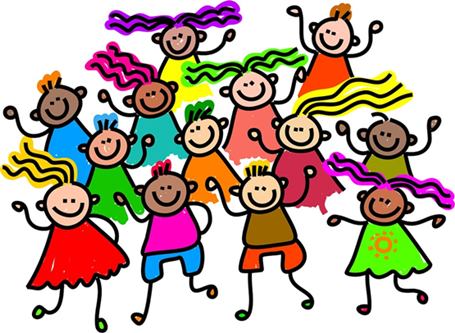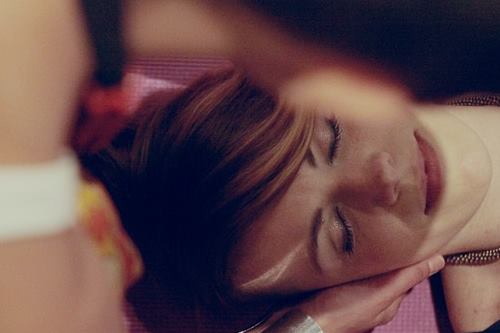Hypnosis deals with the unconscious mind. Talk to any hypnotist and they will go on at great length about how they work with the unconscious mind. And yet not one of us can actually give a coherent, defensible definition of "unconscious mind".
How do you know you have an unconscious mind?
The only thing that you and I can say with certainty about the world is that we are conscious of our own thinking. Everything else is supposition. If you have seen the movie "The Matrix" you will know that there is no way of proving that you are not actually living inside a computer simulation. Everything in the world around you comes from your own personal interpretation of external stimuli.
But you have no way of knowing whether the same stimuli are being experienced in other people's brains. It is clear that dogs and cats can think and respond to stimuli. So can computers. But are they "conscious"?
How can you measure your unconscious mind?
It is extraordinarily difficult to define precisely what consciousness is. People have thought about this for centuries. Many philosophers believe that the question is unanswerable. So is the only thing we know for sure, that we personally are conscious, the biggest mystery in the world?
One of the main problems is measuring consciousness. Every year a few people in surgery, who appear totally unconscious under a general anaesthetic, report having felt the scalpels and can recall every word that was said. Is a newborn baby conscious? Can we create consciousness in machines? If we can, does that mean that the same machines might develop an unconscious mind?
Latest research into consciousness
Recently, researchers have attempted to measure consciousness by applying magnetic fields to the brain, and then analysing the subsequent responses. They have found a fairly reliable way of being able to tell if your brain is conscious or not. The test was applied to long-term patients who are totally unresponsive to any outside stimulus. Most showed no response. But 20% of them produced a reading that suggested that they are in fact conscious of what is going on. It is possible that they are completely unable to respond, but actually at some level of consciousness.
However, the test works by measuring how integrated information processing is. The more integration there is, the more confident you can be that consciousness is present. One problem with this approach, is that it means that nonliving things can be conscious. You could argue, as many do, that the universe processes information, and therefore has a "consciousness".
Another objection is that information processing may not be the same as "intelligence". A computer processes information at great speed, but is not by any normal definition intelligent.
But all of this leaves open the question of "what is the unconscious mind?" It appears that that question is no nearer to being answered.
How would you define the unconscious mind? Share your ideas below.
Source: https://www.wired.com/story/tricky-business-of-measuring-consciousness?









